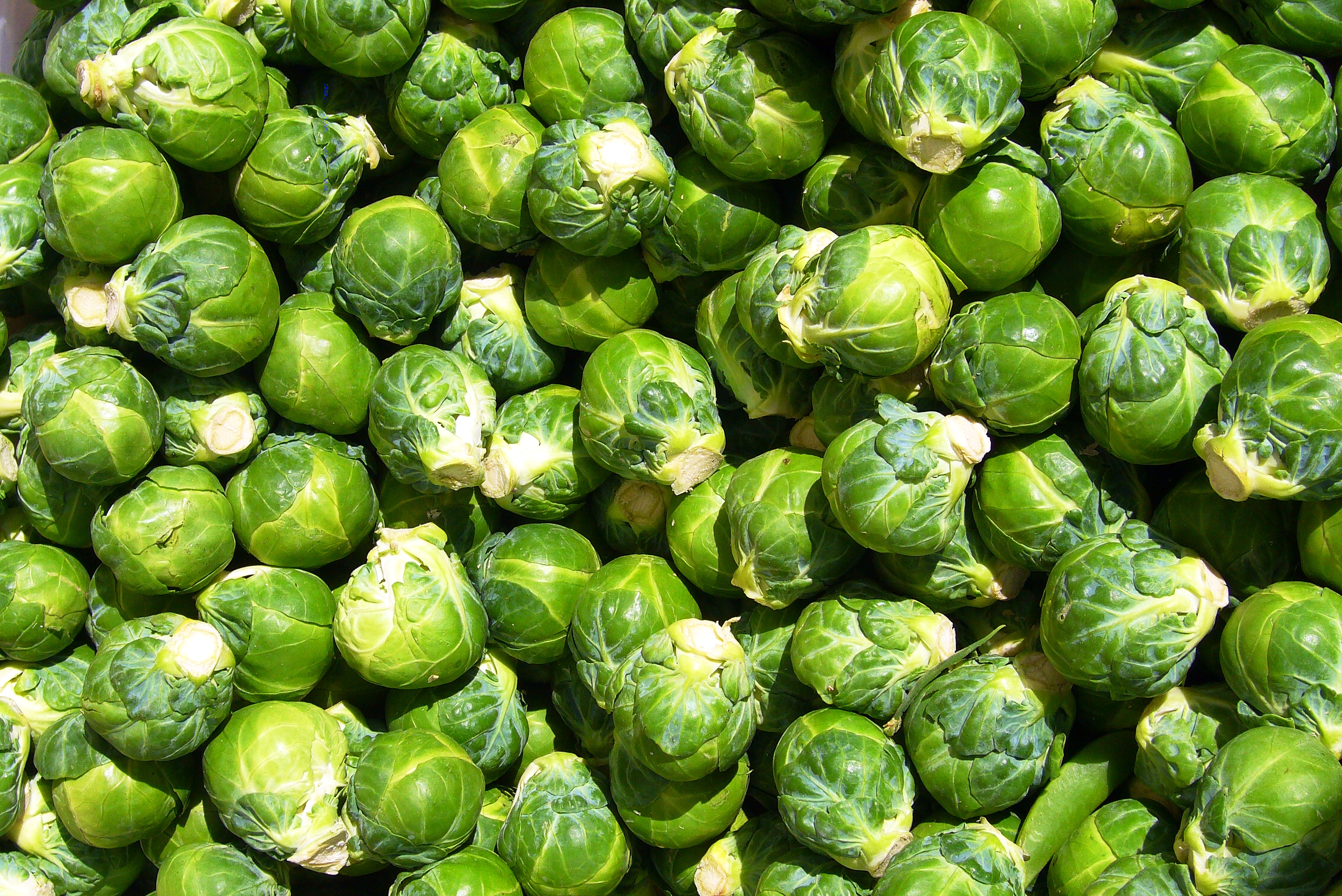
What is it?
Magnesium (Mg) is a naturally occurring mineral that is also found in high amounts in the body. It is an essential component for more than 300 chemical reactions to occur in the body including muscle and nerve function, synthesizing protein, and blood pressure regulation.
Magnesium is essential for many processes that keep your heart beating normally, keep your blood pressure regulated, helps Calcium absorption to give you strong bones, and it can help prevent heart attacks and strokes.
Magnesium has also been shown to minimize asthmatic symptoms and reduce the frequency of migraines.
How Can You Get it?
Magnesium is present in the soil where your food is grown. Excellent food sources include beans, especially soy; dark leafy greens; fish; yogurt; whole grains like bran; nuts like almonds and brazil nuts; seeds, including flaxseed, sesame, and sunflower; and cacao, or dark chocolate*.
 Things to Avoid that Deplete Magnesium:
Things to Avoid that Deplete Magnesium:
- Dark, Carbonated Sodas: they contain phosphates that bind with Magnesium, rendering it useless.
- Refined Sugars: they cause the kidneys to excrete otherwise useful Magnesium.
- High Stress Environments: the “fight or fight” response, which triggers a spike in cortisol and adrenaline, uses up Magnesium.
- Caffeinated Drinks Like Coffee and Tea: Magnesium is largely controlled by the kidneys, which means that diuretics help deplete sources faster than usual.
Symptoms of Magnesium Depletion*:
Common symptoms of a body deficient in Magnesium may include the following neurological and neuromuscular reactions:
- Anxiety
- Times of hyperactivity
- Difficulty getting to sleep
- Difficulty staying asleep
- Painful muscle spasms
- Muscle cramping
- Fibromyalgia
- Facial tics
- Eye twitches, or involuntary eye movements

7 thoughts on “What the Buzz? Magnesium”
Comments are closed.